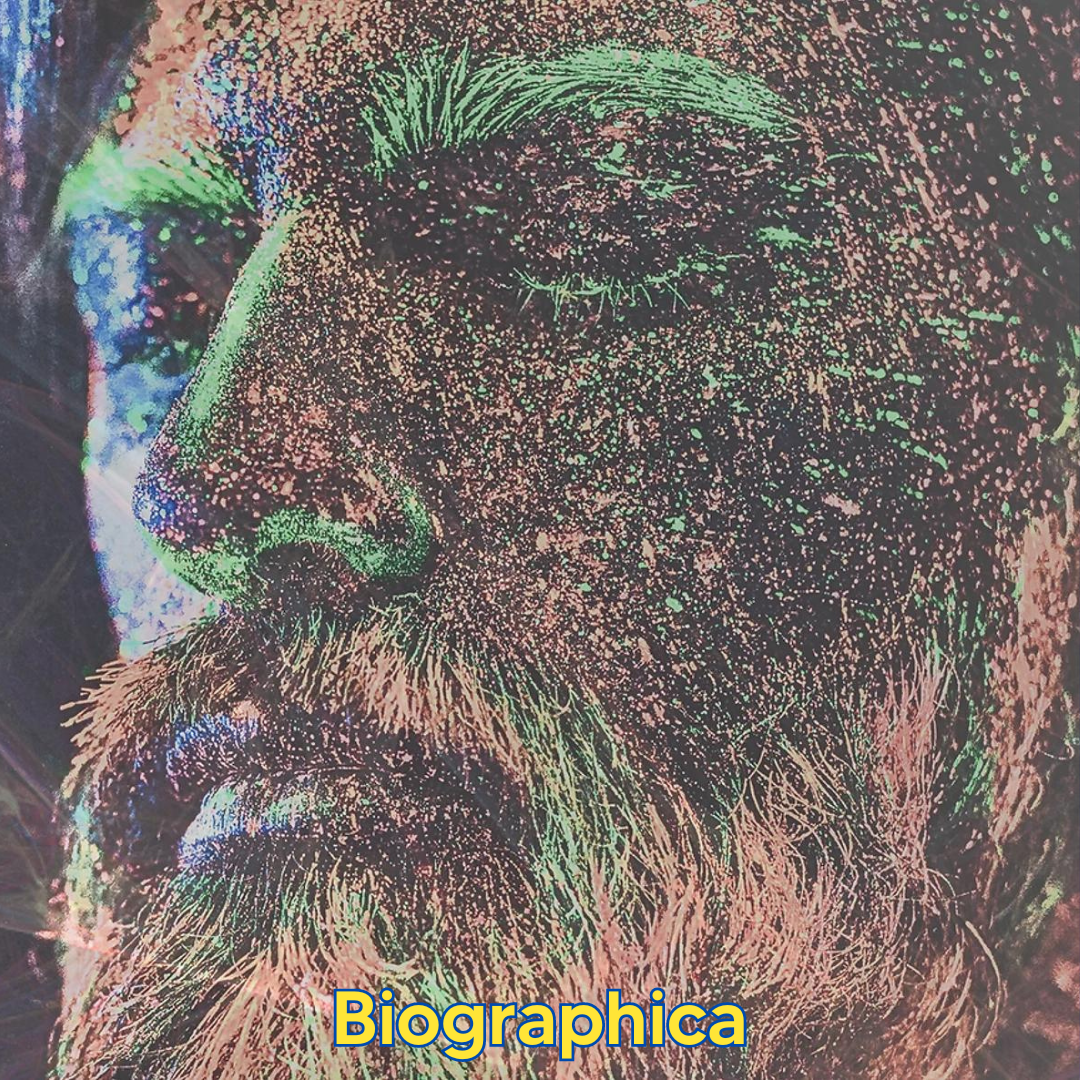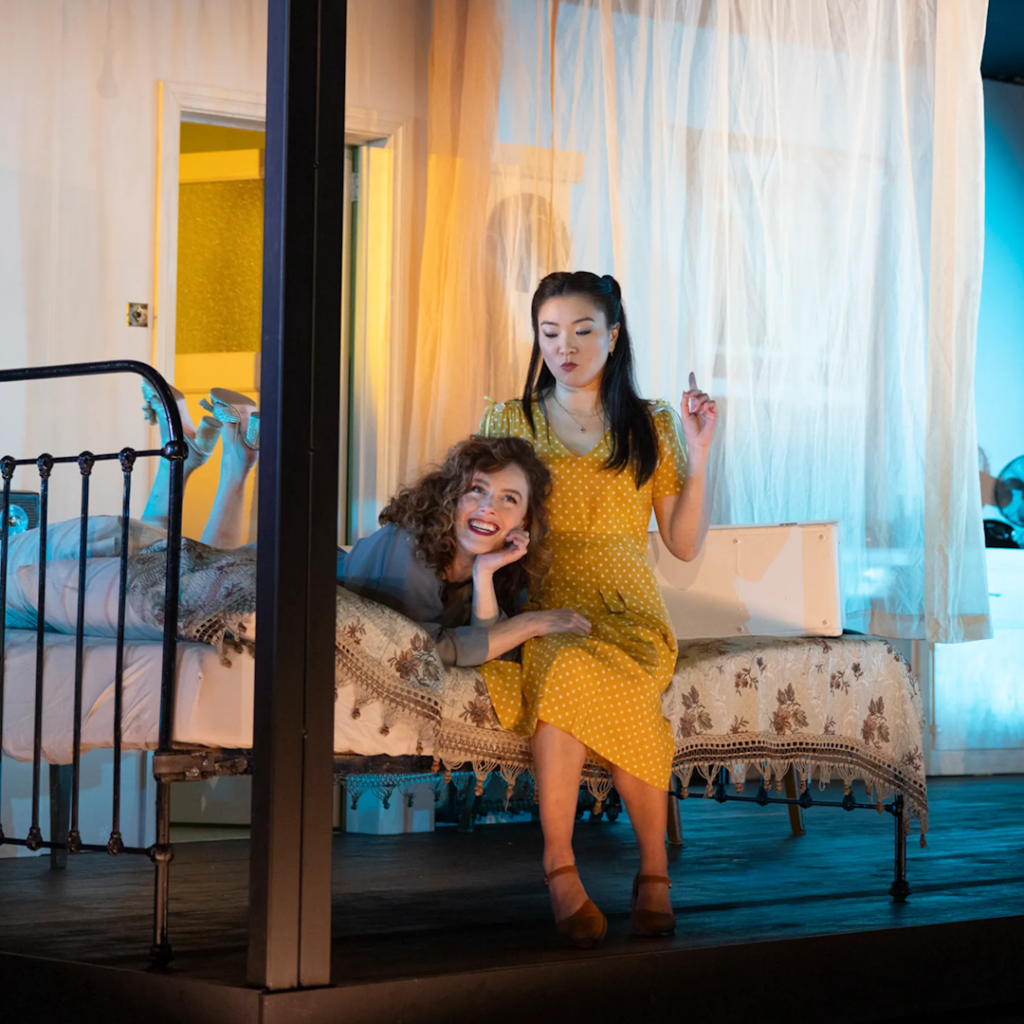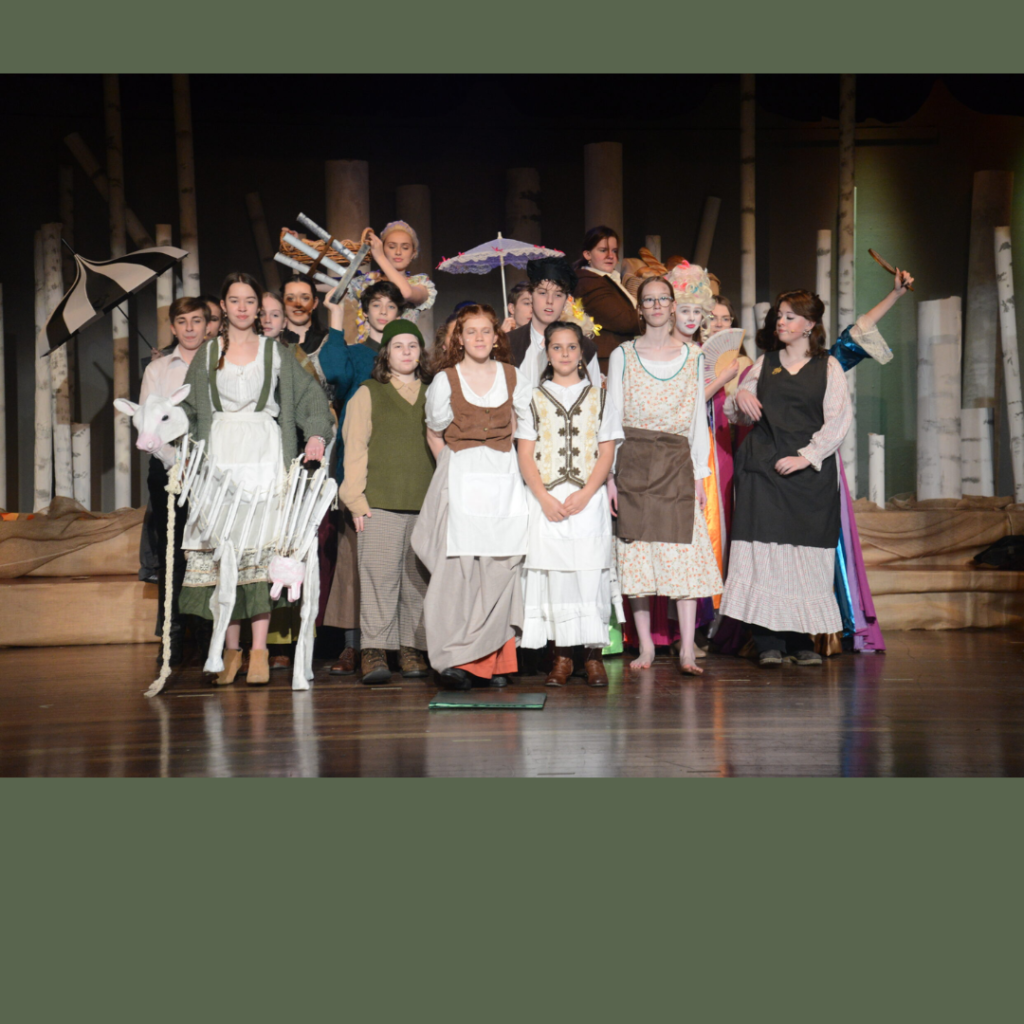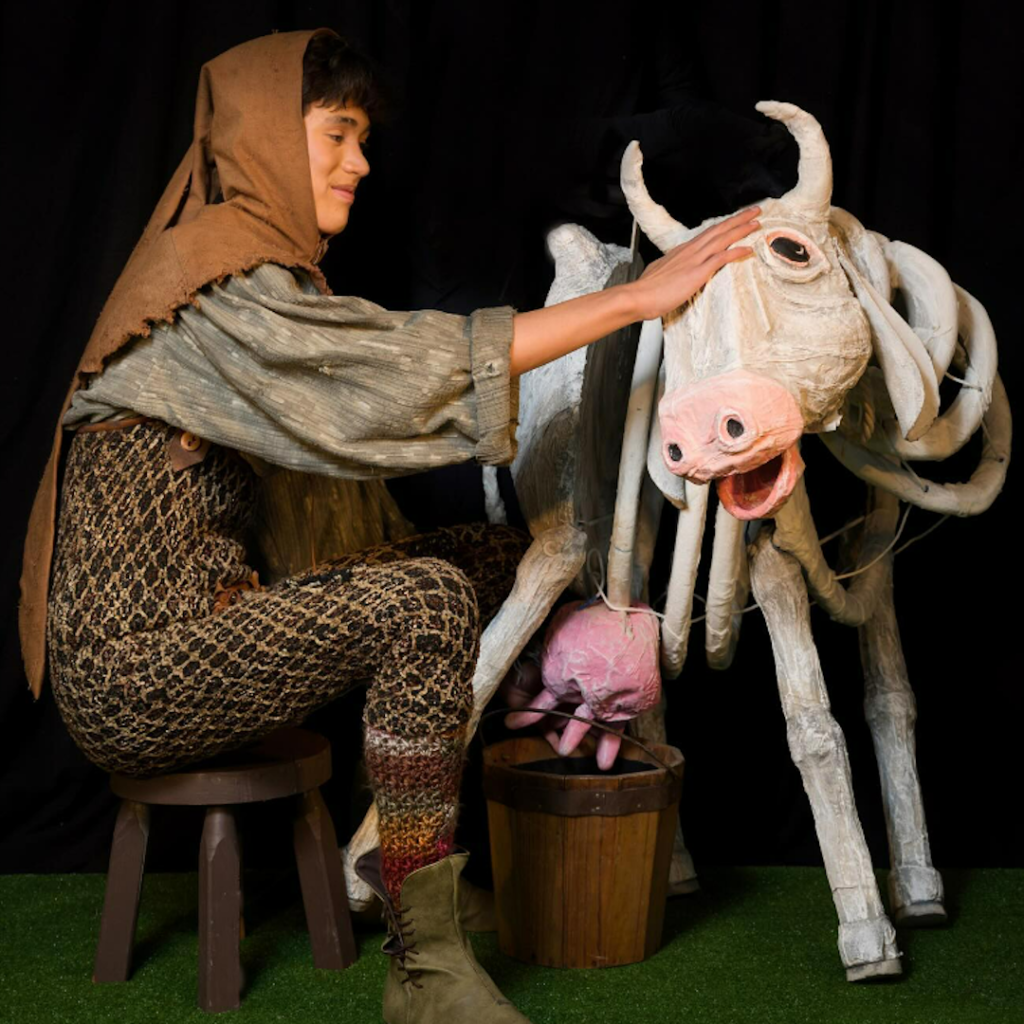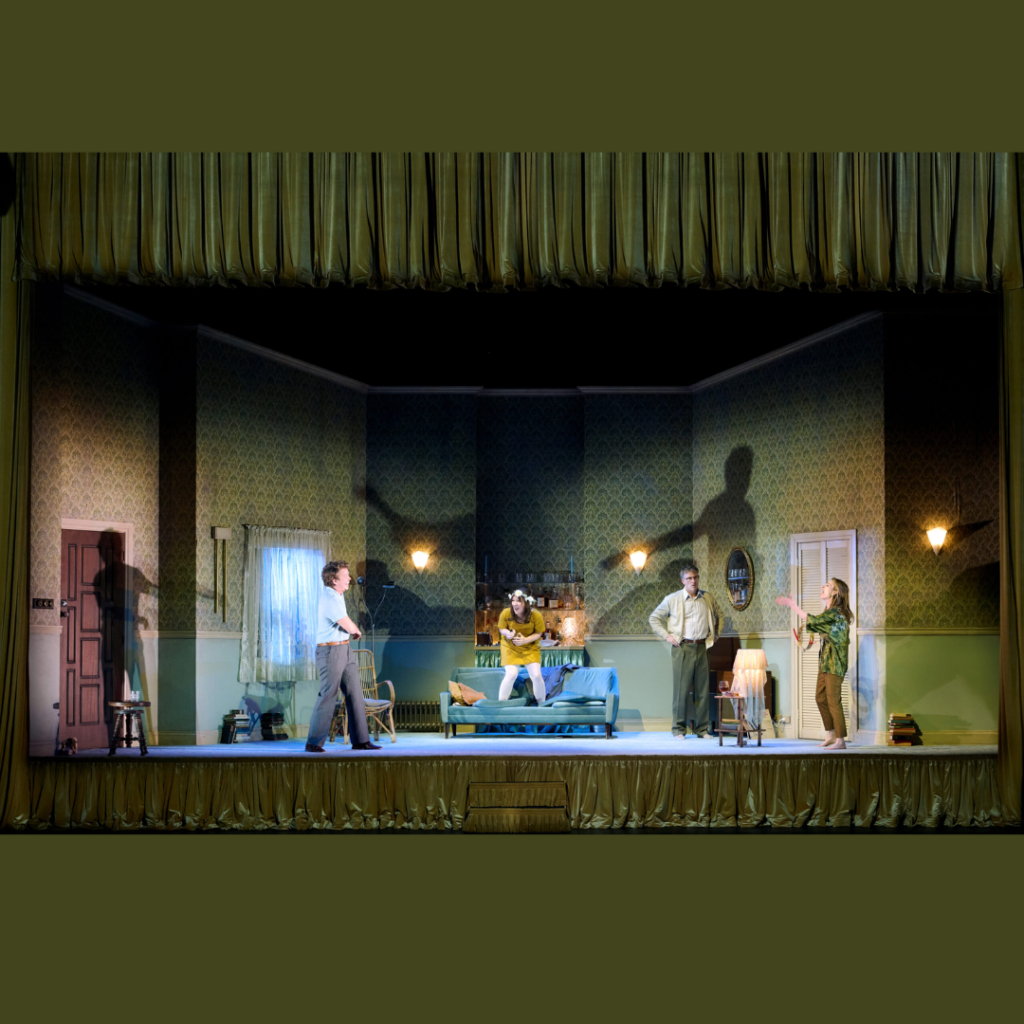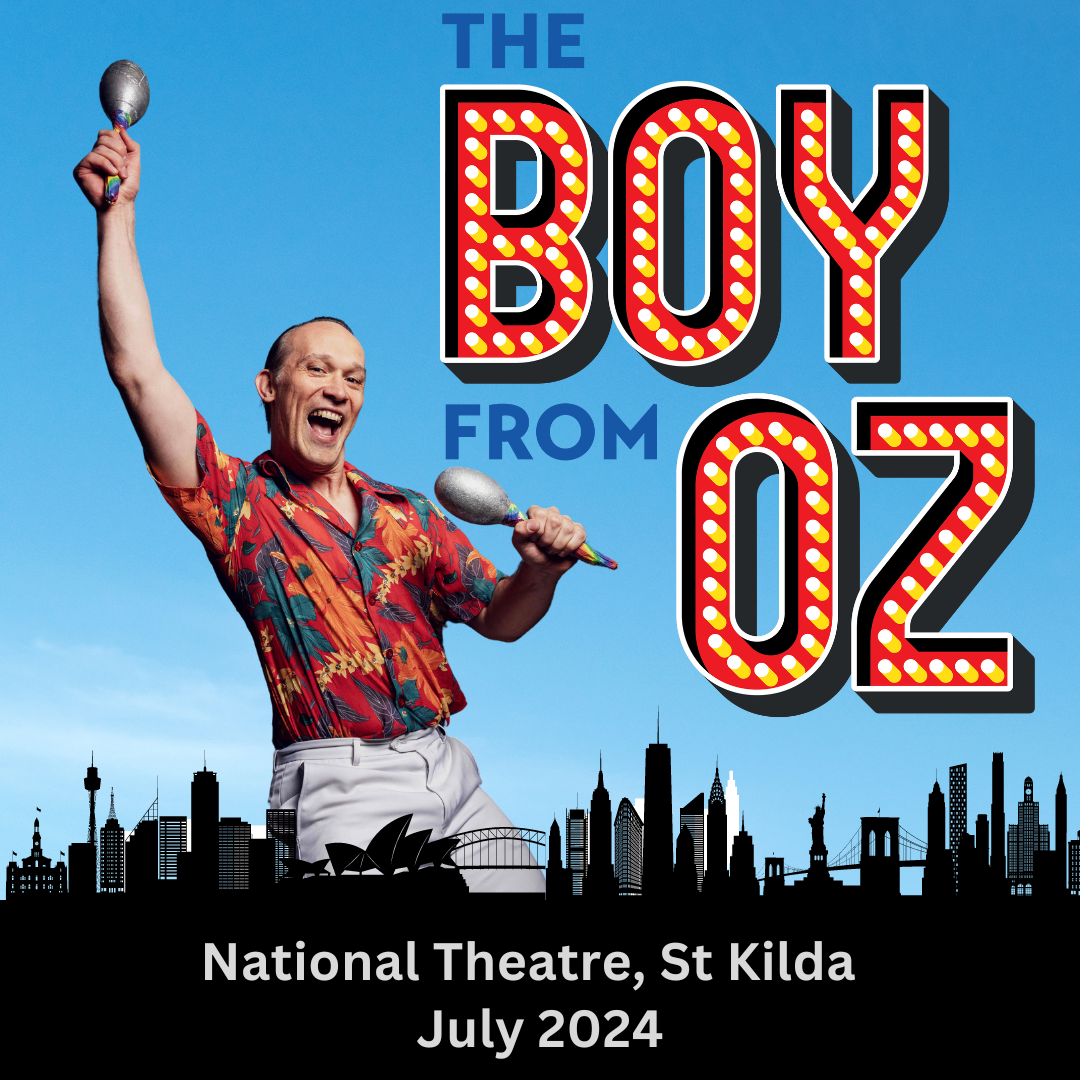Theatre Works
What a superbly enriching experience Lyric Opera’s Biographic is. It is powerful and affecting.
It is centred on the life of Gerolamo Cardano, a 16th century Italian scientist, mathematician, linguist and gambler.
He left his mark with his work on probability, innovations in sign language and the invention of the combination lock.
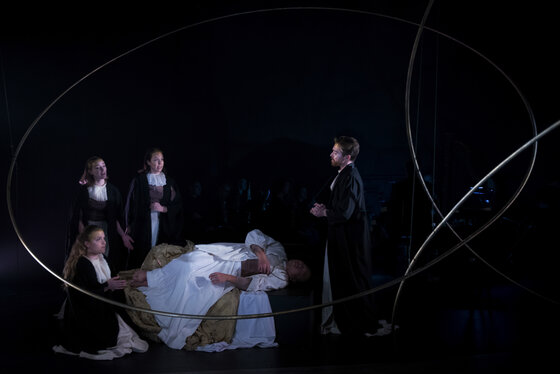
Beneath the surface of his achievements lay an enigmatic and often tormented soul.
The chamber opera Biographica explores the psyche of a man whose brilliance and self-destructive nature coexisted.
The action takes place on the day of Cardano’s death – 21st September, 1576.
It is when his life flashes before his eyes and he sees a series of pivotal events, some real and others imaginary.
They involve his mother, his children, his colleagues and his competitors.
Biographica – which premiered at Sydney Festival in January 2017 – explores the nexus between science, spirituality and creativity.
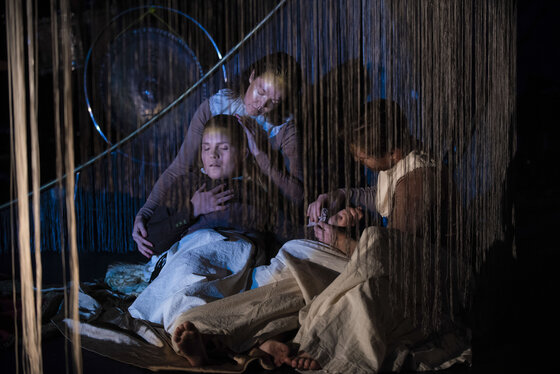
The setting is a realm suspended between heaven and earth, hovering between conscious and subconscious thought.
The work, over 12 scenes, combines the largely operatic with the spoken word.
On the date he predicted he would die, Gerolamo Cardano reviews his astrological chart.
Many years before, in 1500, Cardano’s mother grapples with grief while pregnant with him.
Cardano considers the complexity of the universe and mankind’s place within it.
In Edinburgh, Cardano visits Archbishop John Hamilton, whose physicians are unable to diagnose or treat his illness.
Extremely ill with syphilis, Cardano’s only daughter Chiara faces death.

A young Chiara joins her father to contemplate the night sky.
Cardano’s youngest son Aldo is in prison and threatened with torture. He has stolen valuable items, including from his own father’s house.
Cardano’s eldest son Giambattista confronts his wife’s infidelity and poisons her, a crime for which he will later be executed.
The chorus explains the mechanisms of Cardano’s most famous invention, which resulted in the modern combination lock.
As Cardano reflects on the delicate balance between knowledge and wisdom, he is haunted by the ghosts of his children.
Cardano’s presentation to a medical board goes awry and he is excluded from the College of Physicians in Milan.

And in Cardano’s final moments he hears the call of angels, who sing his favourite proverb.
Composer Mary Finsterer has been recognised for the richness of styles apparent in her work.
They bring together medieval and renaissance musical practice alongside 20th and 21st century innovations.
In Biographica, Finsterer has given us variety and excellence, while Librettist Tom Wright has provided context.
The orchestra, conducted by Patrick Burns, is positioned at the back of the stage and does a fine job breathing life into Finsterer’s vision.
The timbre and gravitas in Dion Mills’ voice (he plays Cardano) – wholly spoken – is enormously appealing. His pitch, pace and emphasis are superb.
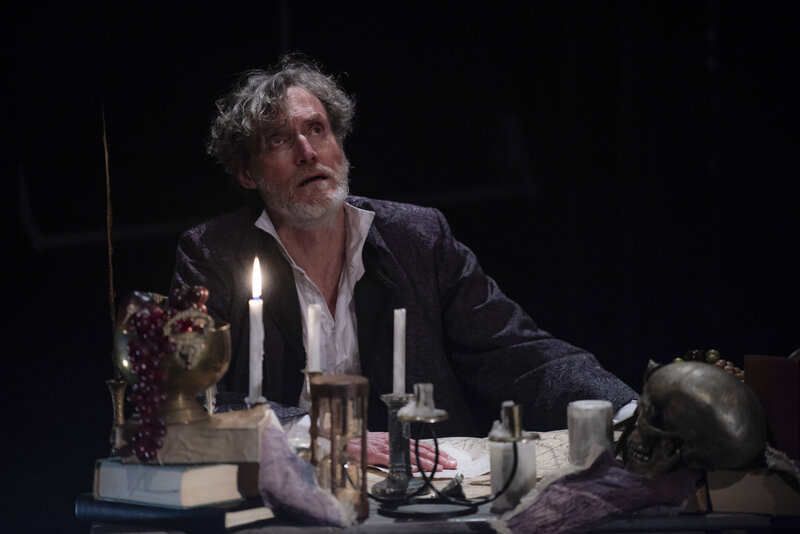
All the singers fill multiple roles and are consistently strong, passionate and melodic.
I speak of sopranos Belinda Dalton and Rachael Joyce, mezzo soprano Juel Riggall, tenor Douglas Kelly and baritone Bailey Montgomerie.
The production features a striking set design, which draws from history and modernity.
It has been crafted by Savanna Wegman, who is also responsible for the period costuming.
Niklas Pajanti’s lighting is important in setting the mood across scenes.
Director Heather Fairburn ensures we are treated to a most memorable, eye catching and ear pleasing production of Biographica.
#whatsonstagemelb #melbournetheatre #melbournetheatreinfo

